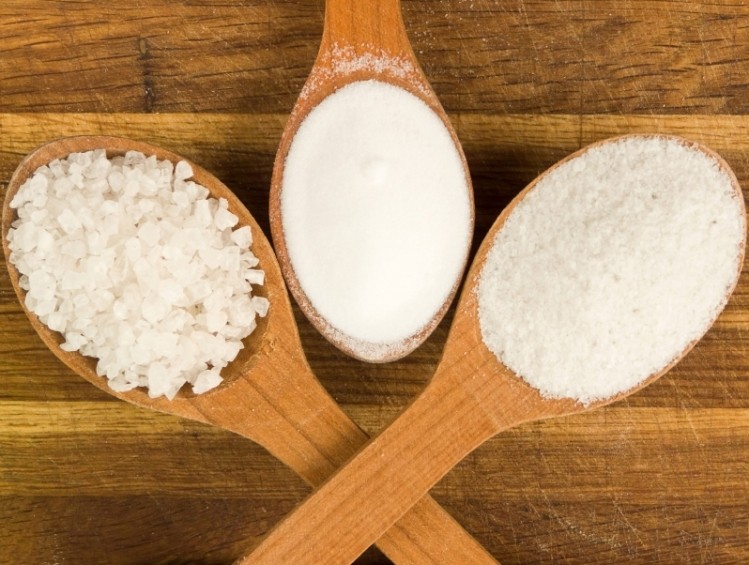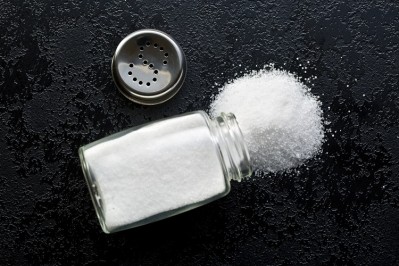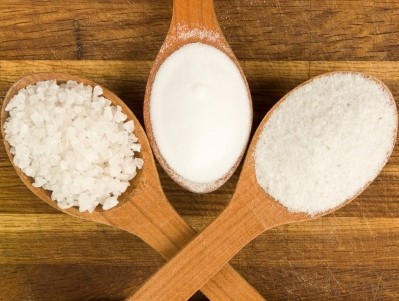Salt campaigner ‘disappointed’ as report finds no progress on reduction

Salt intake in England has shown ‘no significant change’ since 2014, according to official data released by Public Health England's National Diet and Nutrition Survey in England 2018 to 2019.
Average intake for adults aged 19 to 64 years was 8.4 g/day in 2018/19 (40% higher than the government recommended maximum of 6 g/day); 9.2 g/day for men and 7.6 g/day for women, the report found.
While there was a significant downward step-change in estimated salt intake between 2005/06 and 2008/09, there were no significant step changes after 2008/09, resulting in no statistically significant changes in salt intake seen between 2014 and 2018. For men and women combined, the linear trend from 2008/09 to 2018/19 was close to zero, indicating no change in estimated population salt intake over this period.
Public health campaigner Action on Salt told FoodNavigator that the results were ‘not surprising’ but nevertheless ‘disappointing’ and said the failure to control high levels of salt intake was a ‘direct consequence of a coherent salt reduction programme not being enforced by the Government and general non-compliance by some of the food industry’.
A spokesperson said: “The Government has renewed its commitment to salt reduction in their Prevention Green Paper, so once the coronavirus pandemic has eased we urge them to enforce stricter and more comprehensive salt reduction targets and create a fair and level playing field across the whole sector. In the meantime and during the panic buying frenzy across many UK supermarkets, food retailers can still play an important role on an on-going basis by trying to stock shelves with healthier ranges where possible.”
Salt is a leading contributor to strokes and heart disease globally
Salt is the leading cause of raised blood pressure which in turn is the major cause of strokes and heart disease worldwide. According to the Department of Health & Social Care, each one gram/day reduction in population salt intake saves more than 4,000 premature deaths per year in the UK.
Action on Salt added that reducing salt “is by far the most simple and cost effective public health measure to improve health and reduce incidence of cardiovascular disease, as evidence on a global scale”.
Despite this, the group said awareness of salt and concern of salt levels in food is gradually falling, “as demonstrated by the latest Food Standards Agency (FSA) Public Attitudes Tracker”.
The World Health Organisation has recommended population salt intake of less than 5g per day, whereas in the UK, where the recommended maximum intake is 6g per day, the current average intake is a third higher (8g/day).
Action on Salt added: “The National Institute for Health and Care Excellence (NICE) recommends salt intake should be reduced further, to 3g per day. With this in mind, strict measures should be explored, particularly when considering children as dietary habits in childhood and adolescence influence eating patterns in later life.”

























